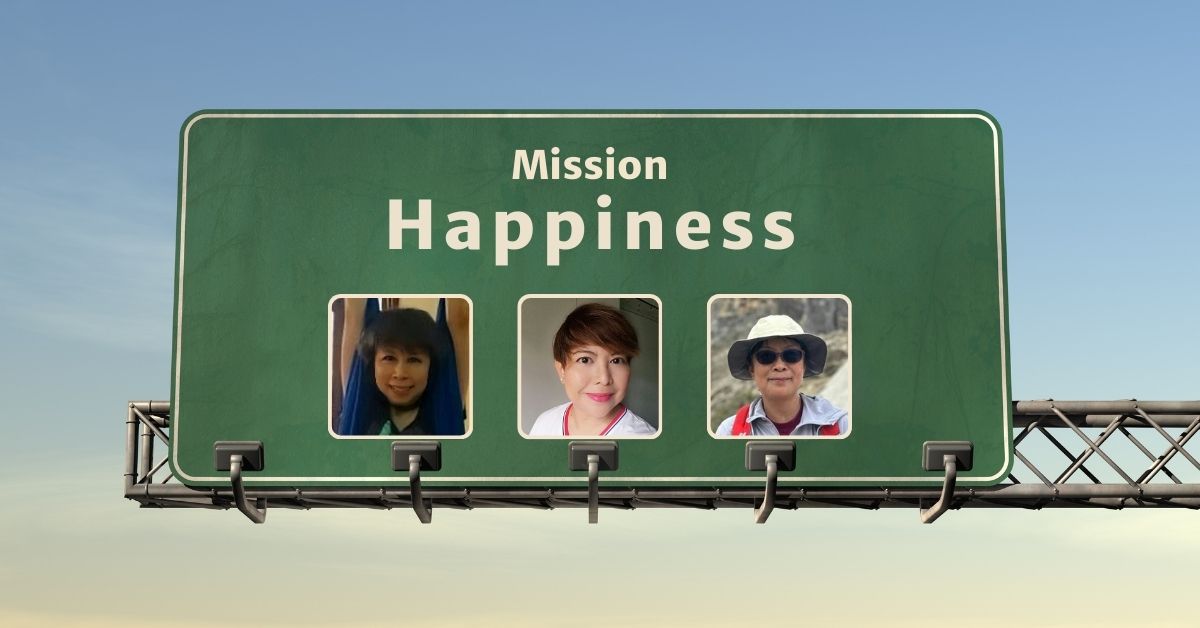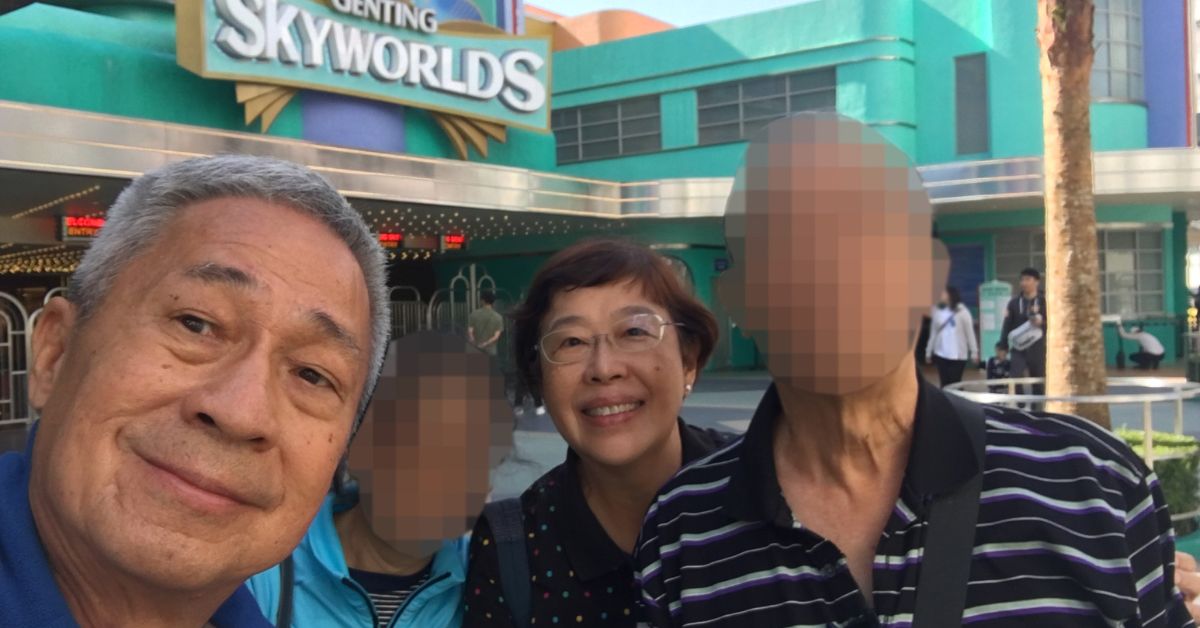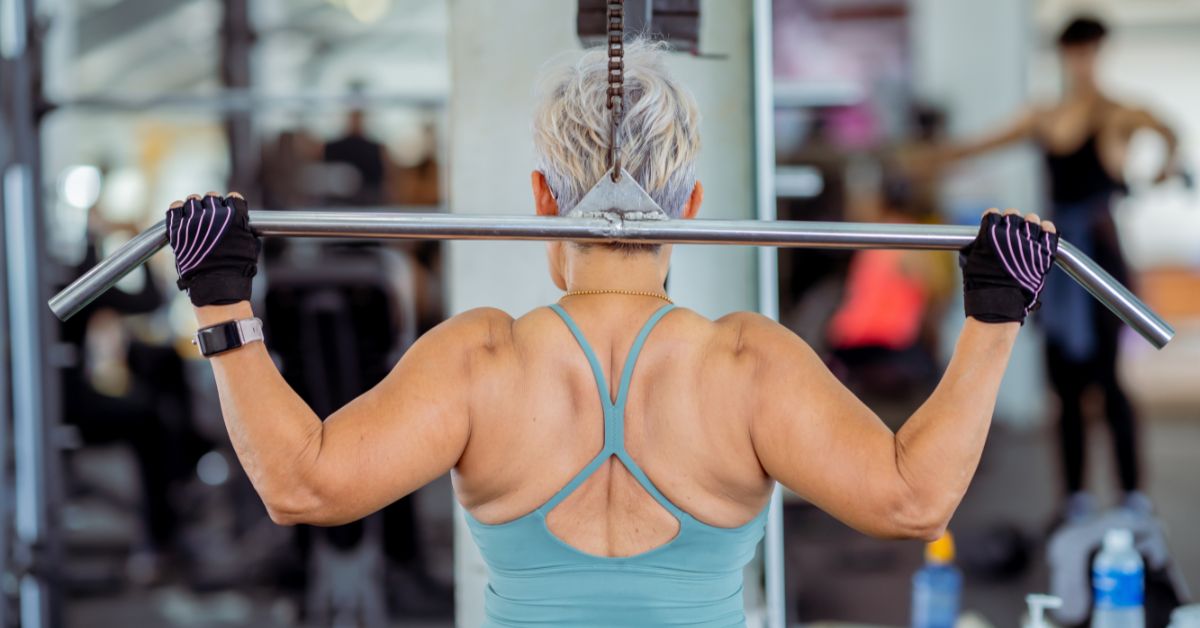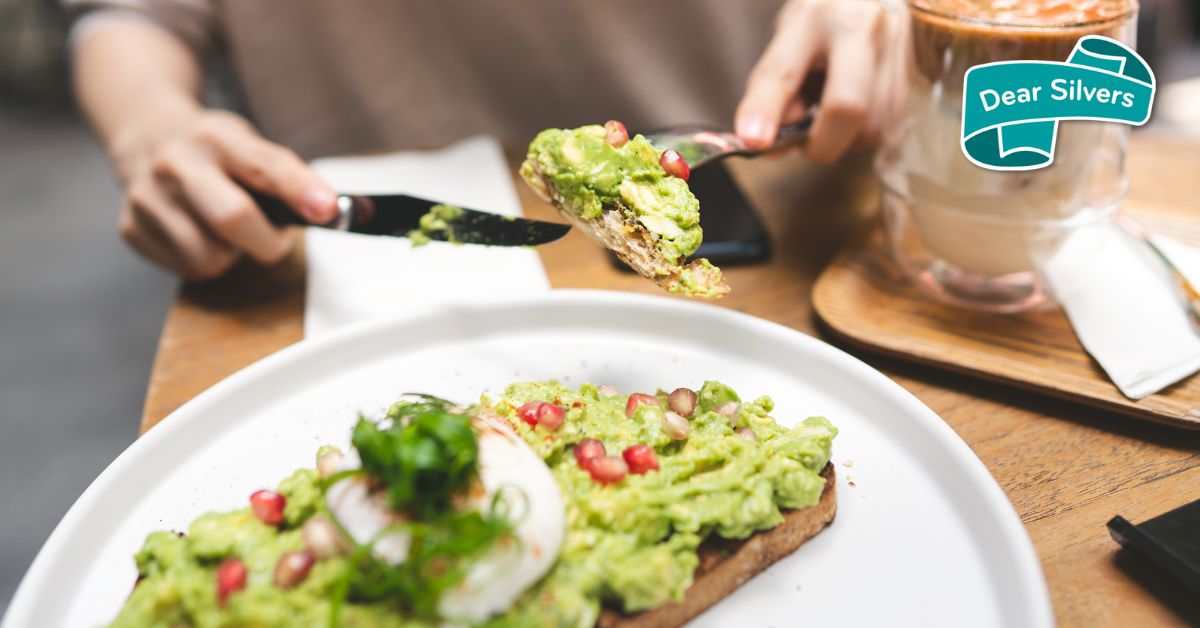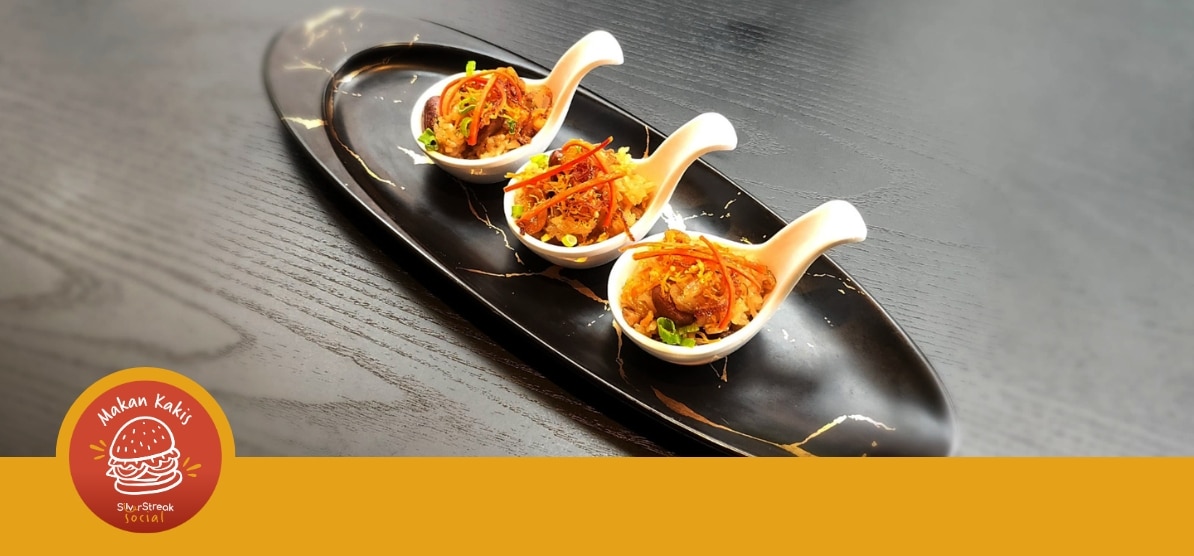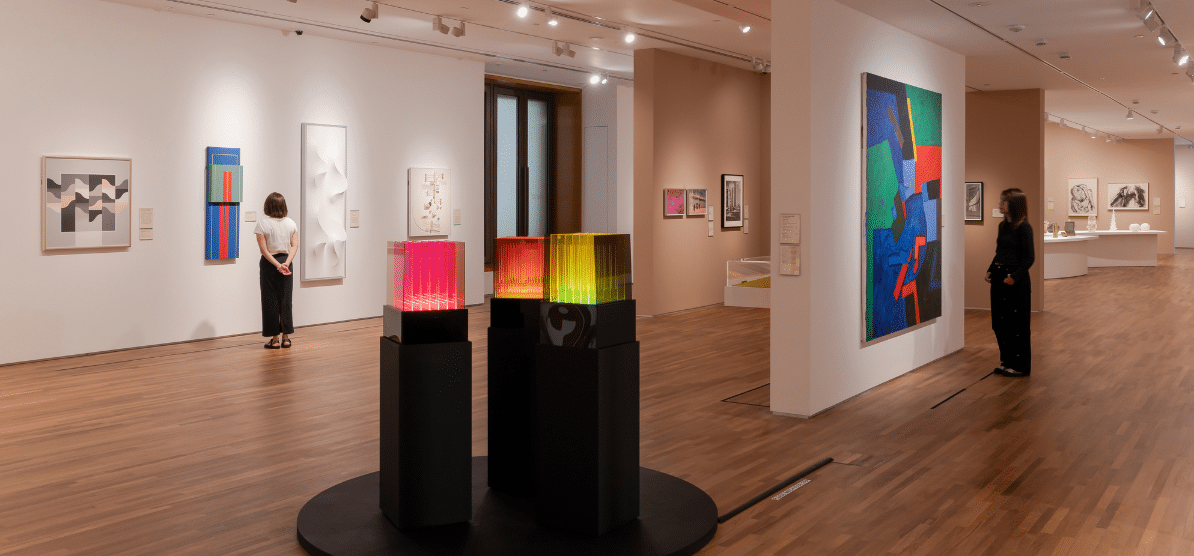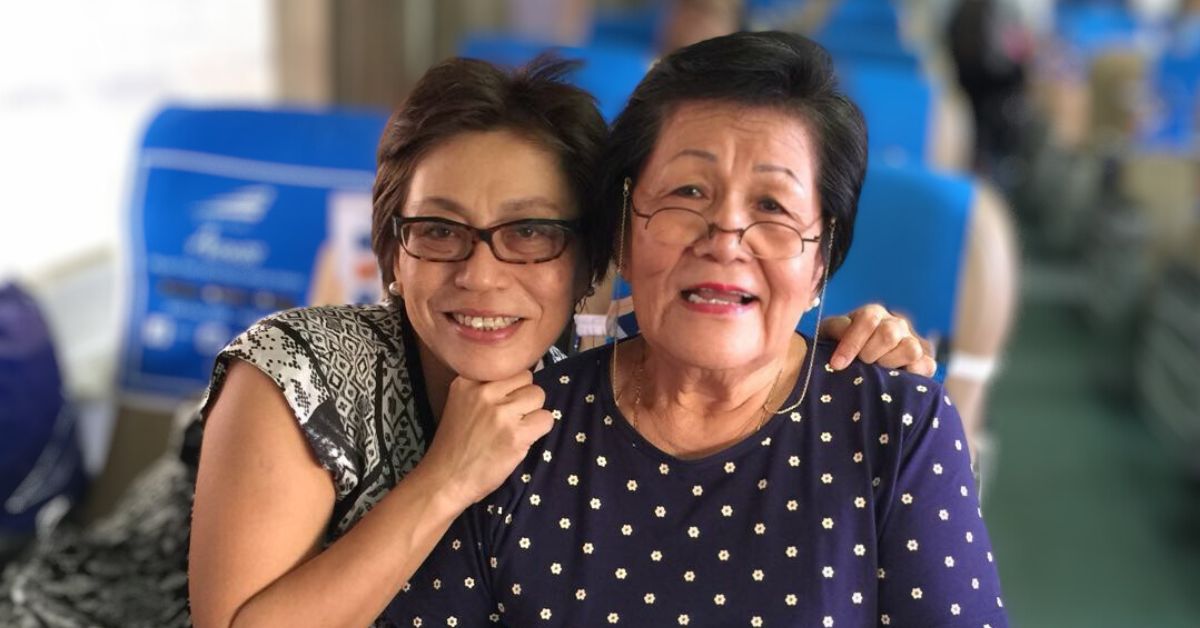
When a nurse asked me if my mother had “flexi-Medi”, I (a newbie caregiver) thought she said “mani-pedi”. What on earth does my mother’s nail colour have to do with her bill? It’s actually Flexible Medisave for those aged 60 and over; it allows for another $300 of Medisave withdrawals a year to offset outpatient treatments.
As someone who has yet to reach that age, how would I know? In fact, I found that there was plenty I didn’t know when I had to care for my mother, now 79, about the healthcare system in Singapore.
She had a fall in December last year which was followed by a stroke that landed her in hospital for about three months. For me, it was a quick immersion into the healthcare system.
Newbie caregiver learnings
I didn’t see the need, for example, to shift her from ElderShield to CareShield Life. Now I wonder about what would happen after the monthly payout under ElderShield stops in six years. I have since shifted myself to CareShield Life because among other things, doing so before the end of 2024 would entitle me to $3,000 from the Government.
Advertisement
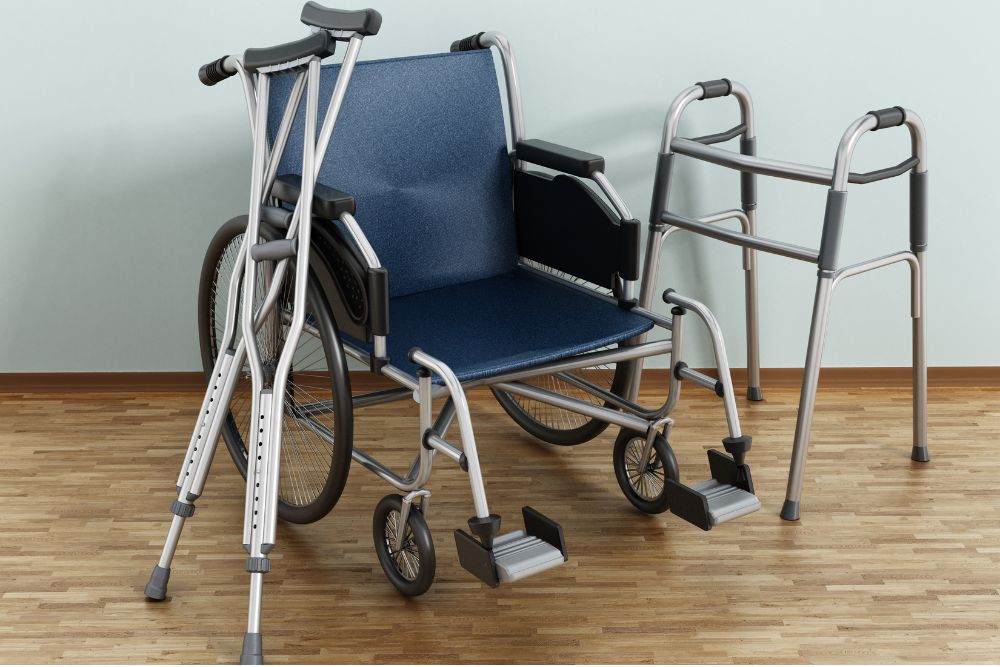
I learnt about subsidies for wheelchairs (after buying three), and the Home Caregiving grant which pays out either $250 or $400 a month depending on monthly household income per capita. I know the difference between a CT scan and an MRI and how a Blue CHAS card compares with the Pioneer Generation card. (The PG card is simply the best!)
You can say that a person who faces a health emergency with a senior would have to be brought up to speed somehow. Like a “need-to-know” basis. I happen to think that “need-to-know” is now, for ourselves as well as for our seniors.
Not knowing means we have to be willingly led by others whom we must trust to be professional and honest with us. This is not a good situation to be in, especially if decisions have to be in stressful conditions and with little knowledge of choices available and alternative paths.
When I started posting about my mother’s fall in December last year and her subsequent strokes on Facebook, I was amazed at the response. So many people shared their own stories, offered commiserations and not a few actually thanked me for those few lines of words about caring for Mama. A common phrase was ‘I wish someone had told me’.
The journey of a newbie caregiver
There were a handful who said that they had thought about writing about their own journey of caring for a loved one right to the end whether as a cathartic exercise or a guide for others who are suddenly placed in the same position.
I thought to myself that this was something that I could do, given my own journalistic background. But personal experience is not enough, plenty of reporting and research had to be done to understand the ins-and-outs of the healthcare system.
It also involved understanding the principles underpinning the system to answer big questions such as how limited resources should be distributed among those who require medical help.
How many people, for example, know about the means tests applied to subsidies? That there are income ceilings that disqualify a senior from receiving grants? That staying in a C class ward doesn’t mean you automatically get 80 percent in subsidy?
It took me a while to get my head around terms like monthly household income per capita and annual value of property and the significance these two measures play in deciding who is entitled to how much help from the State – as well as who is not.
Beyond such nitty-gritty issues like paying medical bills, a caregiver also needs to know more about the healthcare infrastructure, from outpatient to hospitalisation to step-down care. More importantly, the caregiver needs to get a handle on the community resources that are available, like physiotherapy and home nursing care.
I got a Lasting Power of Attorney done for my mother, just a month before her fall. That makes me officially her “donee”. That means I can activate it if she is so incapacitated that she cannot handle financial matters. Too many caregivers are in a fix because they lack this or have never talked to their seniors about the time when age gets the better of their cognitive and mental faculties.
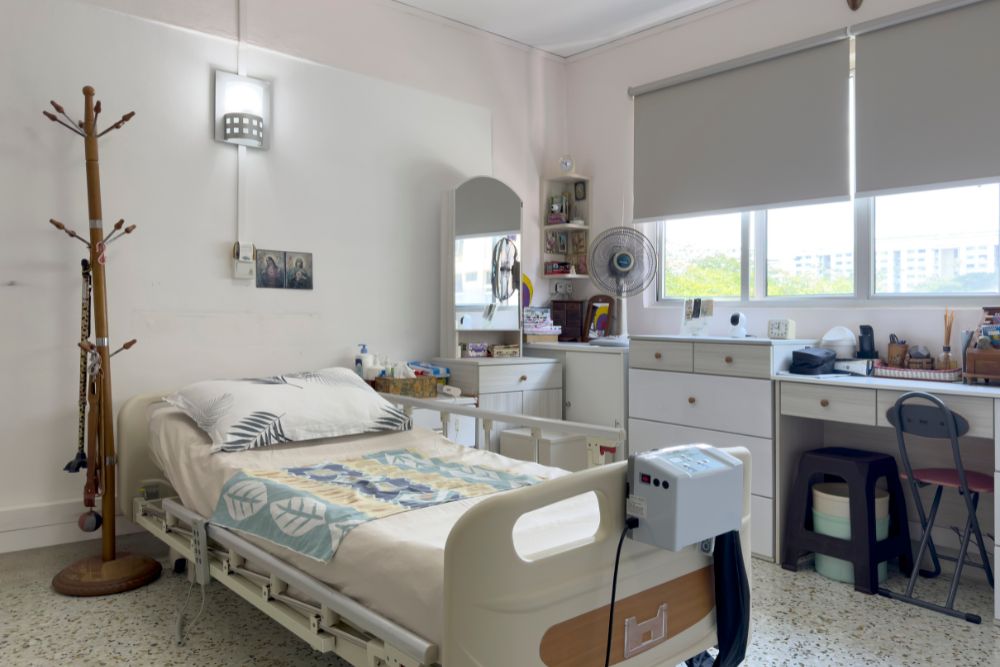
Image courtesy of Bertha Henson
Neither are young(er) people prepared for lifestyle changes if the elderly is bedridden or homebound. Decisions have to be made about work-life “balance”, parcelling out the caregiving work among siblings and relatives or leaning on community resources.
Overlaying all these aspects is the extent of emotional energy expended on the part of the caregiver. I can probably describe myself as a guilt-ridden caregiver who wonders if I am doing enough for my mother’s comfort.
My mother went from gym-goer to walking with a frame, and then sitting in a wheelchair. She needs help with daily activities like using the toilet and showering. There is nothing so heartbreaking as to watch the cognitive decline of someone who was your pillar of strength.
When Mama Fell
I wrote a book When Mama Fell on my newbie caregiving journey. It is divided into three parts, and is available online for free:
Part 1: The start of this book is about preparing the senior – and yourself as a caregiver – for the time when chronic diseases surface, bones get brittle and the brain works slower. It starts with little things like elder-proofing the senior’s home.
Part 2: We will take a more in-depth look at the hospitalisation stay, about speaking to doctors, nurses and therapists and ensuring that the senior has a comfortable stay. Of courses, finances will play a big part in this.
Part 3: The last part of the book will focus on the stress that comes with caring for a senior at home.
Hopefully, this e-book will help all new caregivers navigate the maze, and shine a light on what can be done beforehand. Because, sooner or later, most of us have to play the role of caregiver whether we want to or not.
When Mama Fell can be read for free here.

